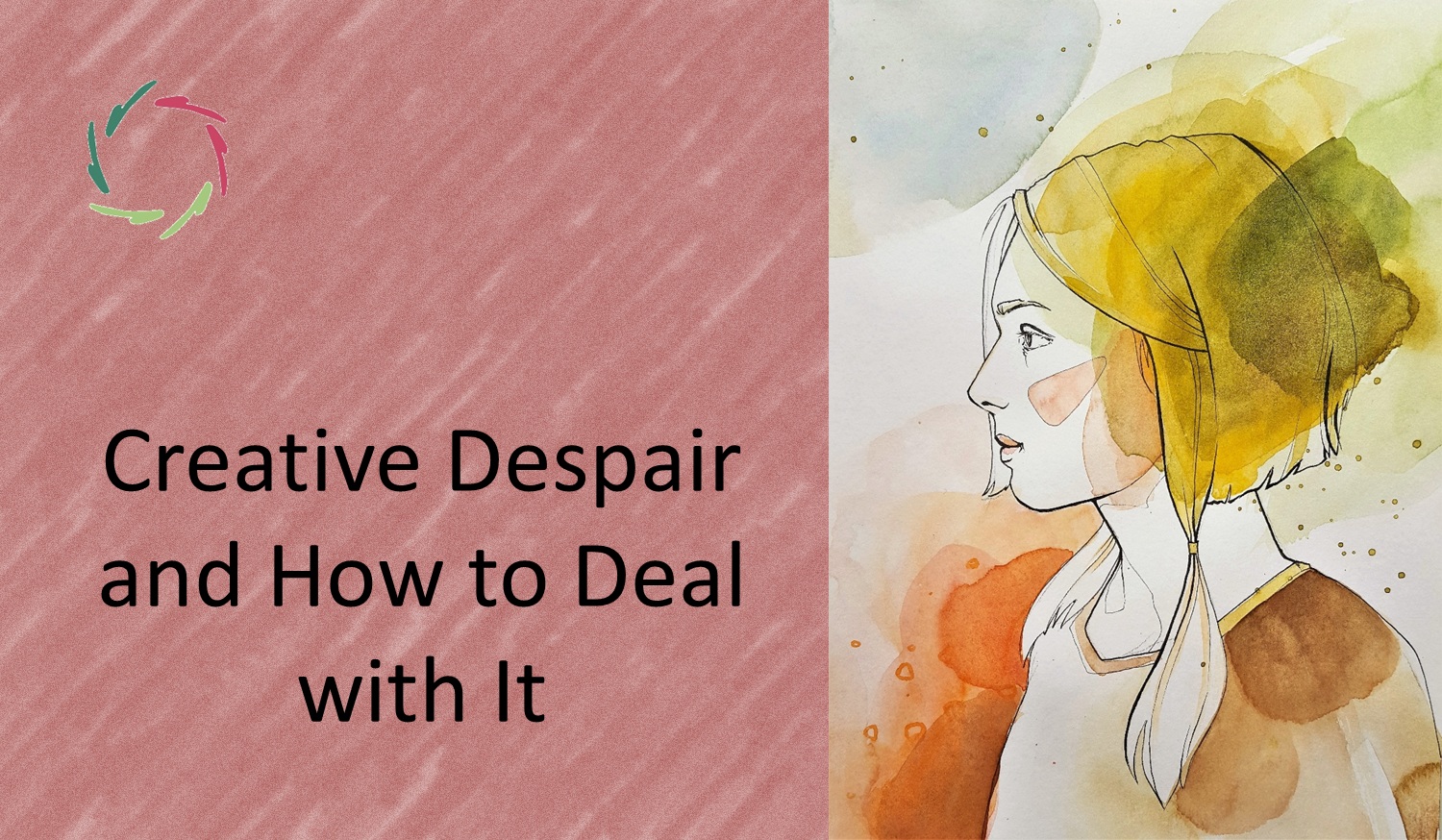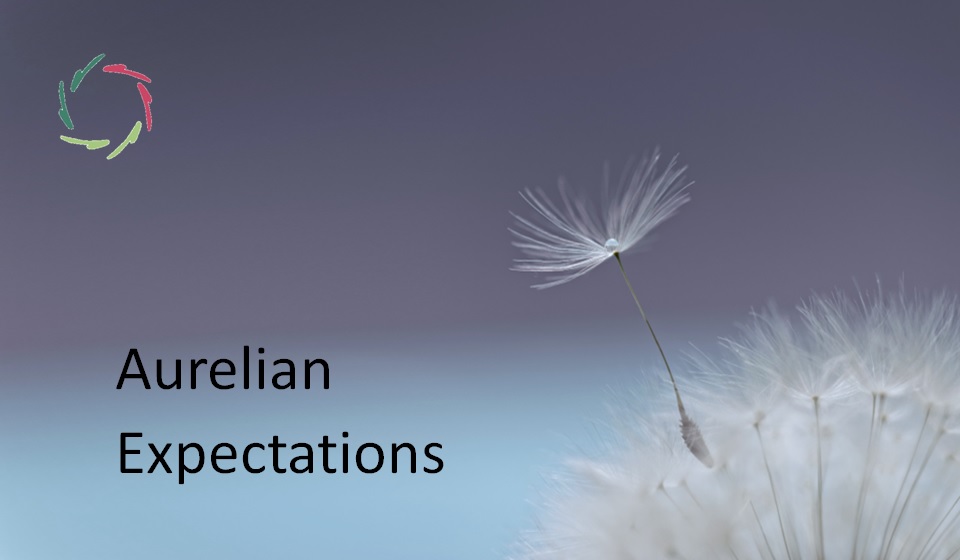Comfortably Numb

In a fight between mere-ego and total self, being/staying numb can be the most comfortable option. I encounter this mindset frequently ― unfortunately, also in scientists.
Please read first about mere-ego versus total self.
Where’s the numbness?
The numbness here lies in avoiding any fight by surrendering to mere-ego before the fighting starts. Even deeper goes avoiding the chance to see there is the possibility of such a confrontation.
No fight, no vulnerability. I think that, compared to the past, fewer people at present dare to be vulnerable, especially in economically developed countries where many prefer comfortable numbness to this kind of bravery. Not seeing and not knowing the importance of an existential confrontation with oneself lead to such.
Of course, eventually, there should not be such a fight between ‘enemies.’
It is the silliest thing ― or almost, since surrendering in numbness is even more so. This doesn’t avoid the fight eventually but lets it be waged in a war-like fashion in many indirect ways. Enemies are everywhere.
Additionally, a cultural underlying stream flows into numbness. It takes bravery to swim upwards in this stream, that one encounters in oneself and in/from others.
This is the cause and result of active denial
Many people know the art of active denial, stemming from an all-pervading basic denial. This is the ‘de facto’ (apart from self-delusion) denial that there even exists such a thing as an inner life that one is not readily aware of consciously.
The denial is the action; the numbness is the mindset.
The comfortable position of not thinking very much
Concretely, one can find this in any of the following bits of self-talk:
- “If it’s worthwhile, let others do the hard thinking, and I’ll reap the benefit.”
- “It’s not my duty to take any personal risk.”
- “I’m not responsible for this ― since I don’t know what it’s about.”
- “If this passes unnoticed, I can simply continue my life ― comfortably.”
- “I don’t have the resources to do this, so I don’t even try.”
- “It’s normal for me to want a comfortable life like anyone else.”
Or anything else that can quickly come to mind in order to not dive into any profound thinking that may put into question a whole culture, an intimate environment, and eventually oneself.
Comfortably numb
‘Comfortably numb’ is boring. Maybe one more additional vacation can relieve the boredom?
It’s also the title of a beautiful song by Pink Floyd ― worth the googling.
Challenging times need brave people
Of course, there are many brave people around. Yet, this demands a different level of braveness since the fight is with oneself — stuff for heroes.
There have been many occasions for heroes in the past. Certainly also at present, and it will become even more pertinent soon enough given mounting technical and social complexities and many possibilities for good or bad.
Wanted: bravery, dead or alive?
What one can do to enhance the needed bravery is to make some decisions beforehand and in open seriousness. Thus, one can better see what it takes to respect oneself before some of the above self-talk takes over.
You might take some time to think it over right now.
What will it be?


